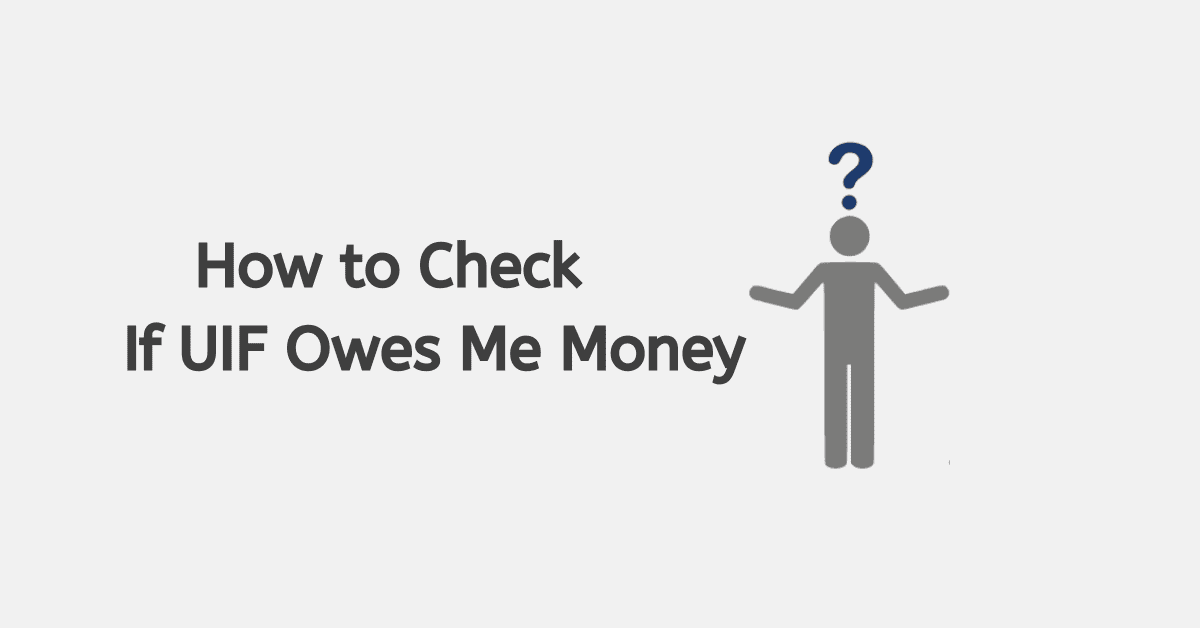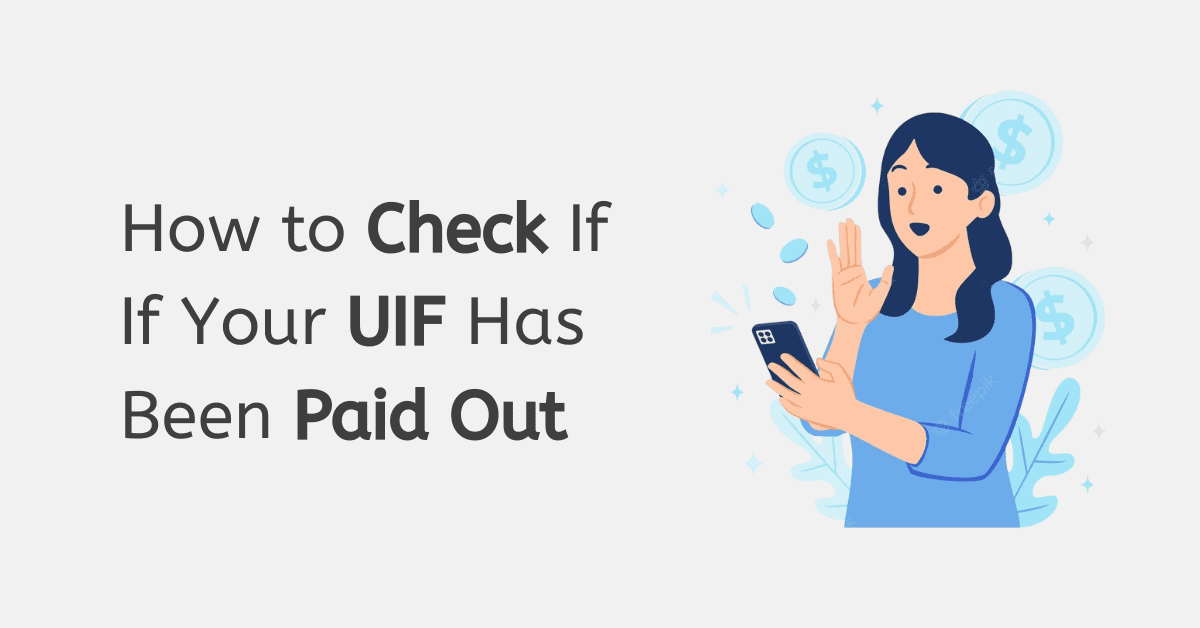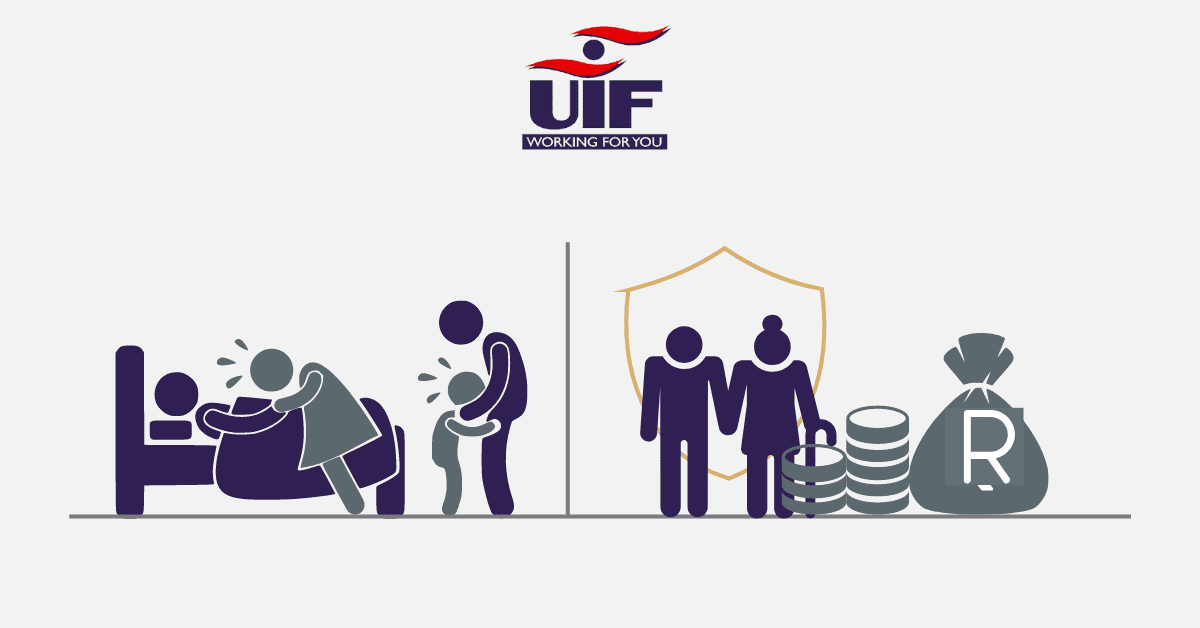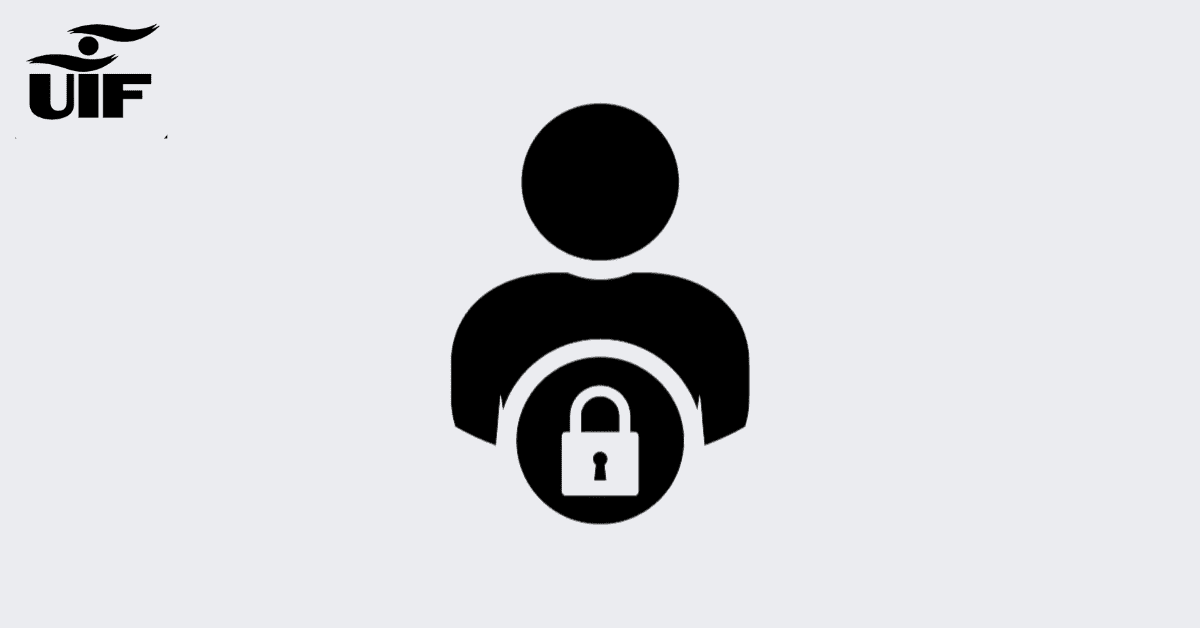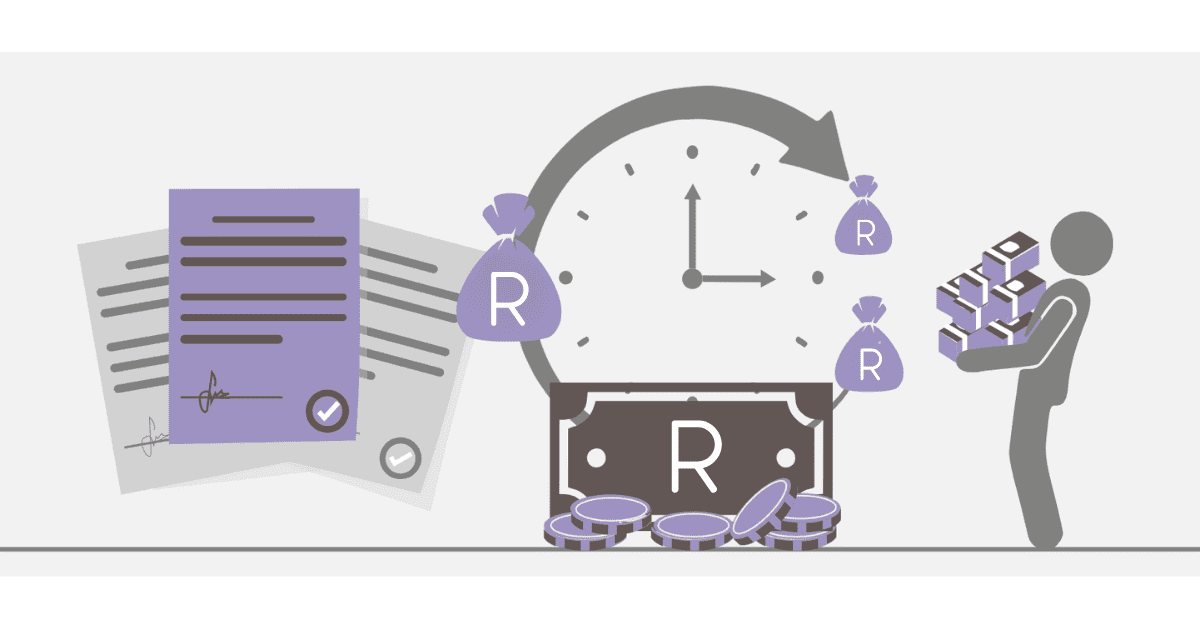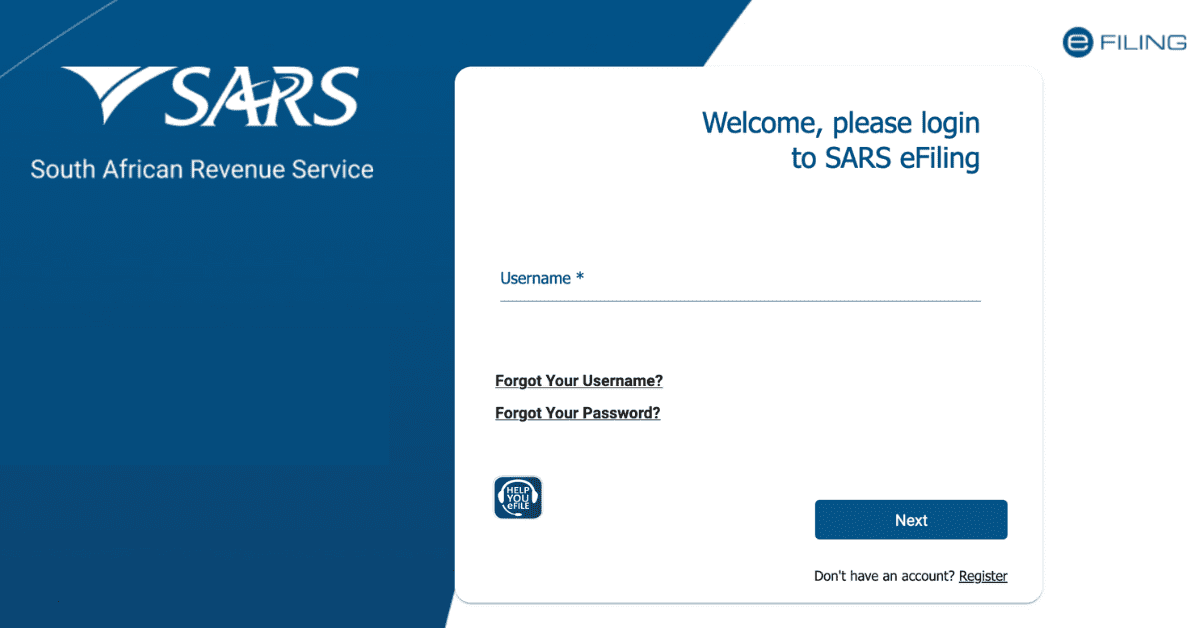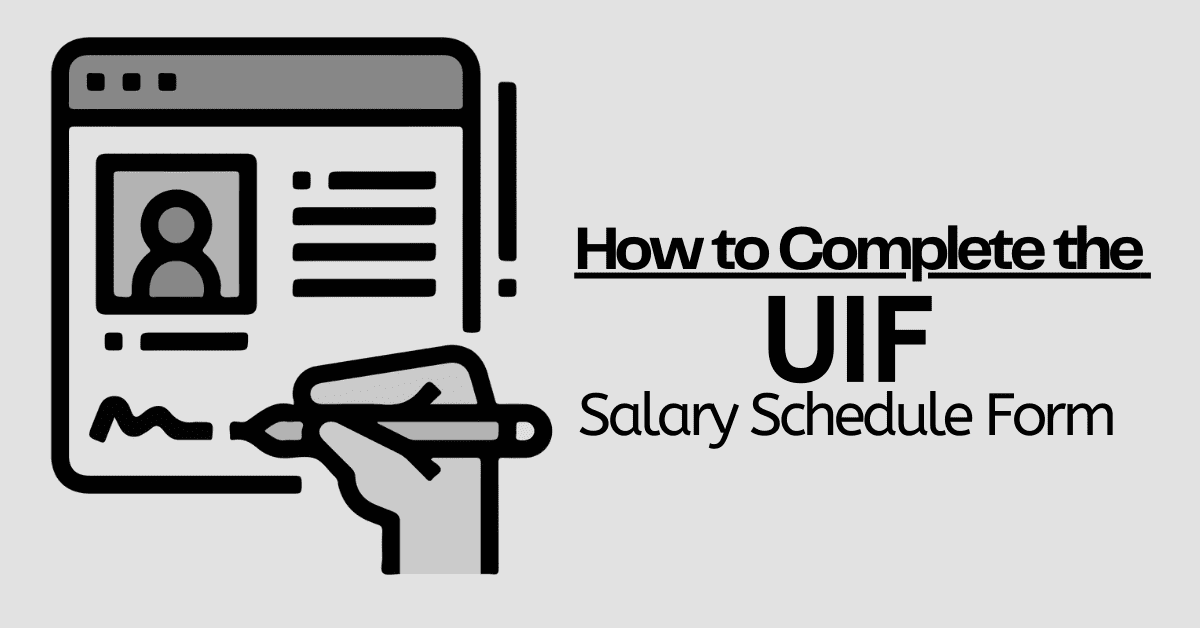Many questions surround the unemployment insurance fund, which is the UIF in short. And this has to deal with what actually happens to the UIF money if I retire. One important thing to have in mind is the core objective of UIF. once you understand the UIF, any related question that may arise will seek to add more knowledge to your thoughts. Many people who are looking to learn more about UIF will certainly ask about retirement or pension
The UIF is neither a pension scheme nor a trustee firm; it is simply another form of insurance that provides financial support to individuals who may have lost their job on a good note, go for maternity leave, sick leave, or any other reason that falls in line with UIF criteria. This contribution made to UIF during your working period is meant to cushion you should you find yourself in any distress moment. But one would ask, is a pension or retired claim possible with UIF? In this article, we will be answering questions related to UIF retirement and claims.
How to claim UIF when going on pension
Are you close to your pension age and looking forward to making UIF claims? Then the information below will answer your queries. We will give insight into how to claim UIF when going on a pension. Pension, in a large sense, is all about leaving the workforce zone by ill health or because of the required age.
The instance where an individual will go pension due to ill health may mean that person can not work again. These circumstances can be difficult moments and are normally backed by medical conditions and reports. Should you find yourself with any serious illness, medical practitioners may advise you to retire hence going on a pension, whether at an early age or late age. This is one of the circumstances that can make an individual go on pension at a very early age.
The other main reason has to do with when you reach the required retirement age. This is the moment where your work journey ends, and could be the government sector or private sector. Many private sectors may indeed allow one to work upon reaching retirement, but in this article, that will be outside our focus. We focus on how one can claim UIF when preparing for a pension. The moment the thought of pension comes to your mind, you need to start preparing to claim UIF.
During your employment period, if you made your 2% contribution every month to UIF, you are entitled to claim your funds when going on pension. Most people think you can not claim UIF if you are going on a pension or retiring. The UIF claim upon retirement process is quite different.
The only option that does now allow you to claim UIF when going on a pension is early retirement. Once you go on pension or retire at an early age below the UIF requirement, you are not eligible to make any claims. The UIF claim takes time; you have to be proactive about preparing for pension hence putting in your UIF claim application once you conclude on your pension.
Now let us look at how an individual can claim UIF when going on a pension.
- Request and complete the UI19 form from the employer; this can also be done at the labour department.
- Your employer must sign and stamp the UI19 form.
- Visit the labour department to ensure you will not be registered as a job seeker.
- Submit a copy of the form to your employer and the labour department
- After the first processing, you will be asked to confirm and complete your bank or payment details.
- This process can take time, and therefore there will be a need to exercise patience.
What is UIF retirement age?
So what actually is the UIF retirement age? This is one that confuses many people, making them think they can retire at any age, hoping to receive claims or benefits from UIF. It is important to note that the retirement age means once you are off the employment pool, you can not come back to work. The UIF retirement age will be the moment when one can put in an application to make claims for benefits. It is considered as age not less than 60 years. Once you reach 60 years, you are categorised within the UIF retirement age.
Most employers within South Africa may not allow an individual to work for over 60 years unless the company lacks that particular expertise. However, you can be allowed to work up to 65 and not more than that. The unemployment pool can be large; therefore, once you are close to your retirement age, you will be asked to prepare for a pension. Nevertheless, illness can make you retire at an early age, and that will not be considered involuntary retirement. In other ways, you can still enjoy the UIF benefits.
Does UIF money expire if not claimed?
Anyone who has contributed to UIF or still contributes to UIF will want to know if their contribution is going to waste. The individual will want to know whether his money stays intact or goes somewhere if not claimed. So then, the thought of UIF money being expired comes into thought. It is not wrong to consider whether UIF money expires if not claimed. It is your own contribution, and you may wish to claim it.
But one thing that has always been established is the fact that UIF claims provide short-term financial relief for people who fall in the UIF claim category. Not everyone can make claims from UIF upon contribution. The claims are given to individuals who are eligible. The eligibility has to do with chronic illness for more than two weeks, maternity leave, being laid off due to the company cutting down size, parental leave, and adoption leave.
UIF money does not actually expire if not claimed. But there is a period or moments when one must claim UIF money. Once the moment does not present itself, your funds are moved into an annuity account or a retirement fund. This UIF money is available only upon retirement if you never made claims during your working period. In a nutshell, UIF money does not expire if not claimed; you only get access to it upon retirement.
Can you claim UIF if you get Sassa?
The difference between UIF and SASSA is not that huge. These are organisations that provide short-term relief for individuals with distress and unemployed. UIF and SASSA claims are very similar. According to the requirement, an individual can not claim UIF if he or she receives support from SASSA and vice versa. Once your details of payments are captured in the SASSA database, you can not make any claim from UIF.
Now let us look at this from another angle; once you contribute to your UIF and do not lose your job on a bad note, you are eligible to make claims. You are not considered poor; therefore, UIF will ensure you are registered to join the job seeker force again. Those claiming benefits from SASSA are not considered poor but individuals who can not afford the basic needs in their lives and therefore need financial support to survive.


